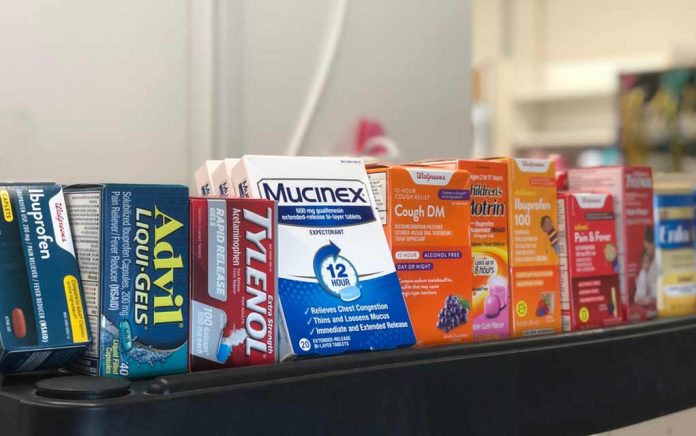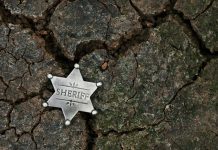(SurvivalDaily.com) – When prepping a lot of people focus on three very important things: shelter, food, and water. But one thing that’s often overlooked is medication. We use a wide variety of medication to relieve pain, fight off illnesses or infections, and for some people to simply stay alive. Stocking up for an emergency, or a potential shortage, may put you ahead if you ever find yourself in a situation where you can’t get what you need by traditional means.
Antibiotics
Antibiotics are safe and legal to stockpile, but they should be used sparingly. Antibiotics could be key after SHTF for fighting infections that otherwise could be deadly. Some good antibiotics to stock up on are:
-
- Cephalexin (Keflex)– used to treat respiratory, skin, ear, and urinary tract infections.
- Ciprofloxacin (Cipro)– used to treat pneumonia, anthrax, typhoid fever, and bronchitis. As well as urinary tract, bone, prostate, and abdominal infections.
- Metronidazole (Flagyl)- used to treat parasitic infections such as Giardia. It also treats brain, skin, liver, stomach, respiratory, and vaginal infections; and can also treat amebic liver abscesses and amebic dysentery.
You don’t necessarily have to stock up on pills. There are plenty of plants that provide antibiotic, antiviral, and antibacterial properties. Aloe vera is a good example. The gel can be used to soothe burns, revitalize skin, and can be used as a topical antiseptic agent.
Cold Medicine
Nyquil and Dayquil are useful in fighting colds and the flu, especially for children who don’t want to swallow pills. They have a good shelf life and they typically fight more than just the common cold. They combat fever, nausea, upset stomach, and pain. Sometimes, especially in Nyquil’s case, they help you sleep.
Pain Killers
Something that’s likely going to come in handy after SHTF is pain medication. Not only are you likely going to need relief from all the bumps and bruises, you could also use them as a valuable barter item. Over the counter medicines like ibuprofen, aspirin, and Advil are easy to access, but don’t help relieve more serious pains like that of broken bones. You may need to find opioid based pain medications for more serious injuries, but keep in mind they’re not legal without a prescription. If you should receive them for an injury, and not use them all, consider saving what you have left in a safe place.
Prescriptions
You were prescribed these medications for a reason and your medical needs are not going to just disappear after SHTF. You’ll have to put some back just in case. Most doctors are not going to give you extra controlled substances, such as opiates for your “rainy day stockpile,” even if you truly do intend to use it only for emergencies.
Possibly the best way to get a stockpile of prescription meds is to take advantage of your insurance. Typical insurance companies will allow a prescription to be refilled every 25 days. You’ll have a 60-day stockpile by the end of the year if you religiously pick up your prescription on the 25th day every time.
You can also ask your healthcare provider for an extra prescription, one you’ll have to pay in cash.
Storing Medications
Storing your stockpile of meds is simple, don’t open them until you have to and keep them in a cool, dry, and dark area. Your first thought is likely the medicine cabinet in your bathroom, but isn’t a good spot due to heat and humidity. You should always keep medicine out of the reach of children. Consider a locked safe in a well-hidden place to keep the medications out of sight. Be sure to use the old stuff first, replacing it with new, and to throw out any expired medication.
Copyright 2021, SurvivalDaily.com

















